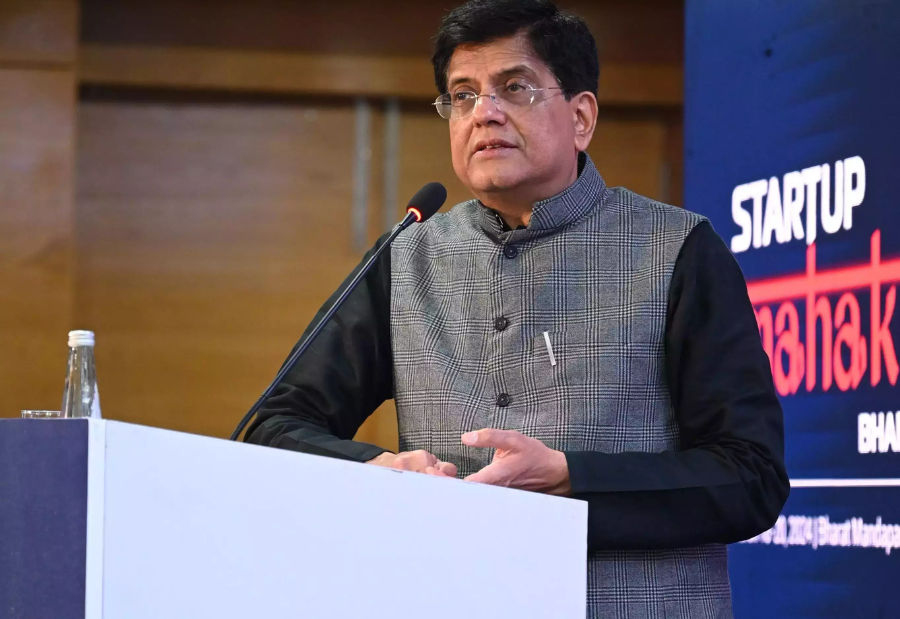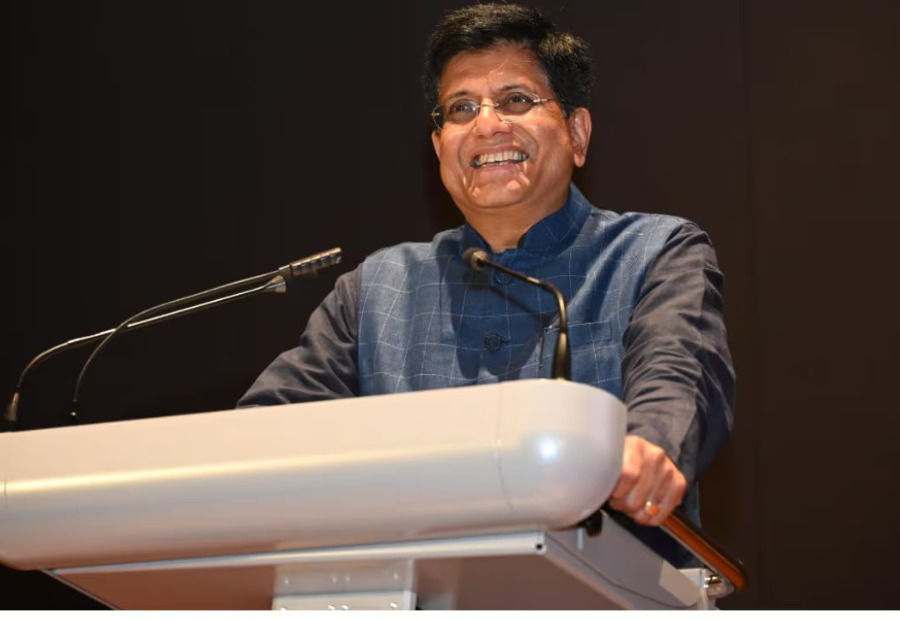It’s time to commemorate the convergence of three development streams—innovation, job creation, and entrepreneurship—following PM’s vision of vikas (development) and virasat (heritage) for a dynamic India, following the success of Mahakumbh at Prayagraj sangam.
On April 3, the three streams will meet at Startup Mahakumbh. Startup Mahakumbh is being held on a large, international scale, much like the religious assembly in Prayagraj.
More than 3,000 startups, 1,000+ investors, 500+ speakers, and more than 15,000 delegates and business visitors from more than 50 countries will all be present at the event. For entrepreneurs, it will be a potent forum to investigate partnerships, finance, mentorship, and market access.
Additionally, a three-tiered jury process guided by investors will choose 150 finalists for this year’s Mahakumbh, which will include a Rs. 50 crore prize pool and be India’s largest private sector-funded Grand Innovation Challenge.
Innovation
Innovation has always been ingrained in Indian culture, whether it is in the game of chess, the idea of “zero” in ancient India, or the UPI, Chandrayaan, and Mangalyaan of today. India will advance its goal of becoming a developed nation by 2047 with the help of new concepts, cutting-edge products, and services made possible by sound research and development. The event’s theme is Startup India @2047, which makes sense.
PM Modi’s Vision
In his 2015 Independence Day speech, Prime Minister Modi outlined his plans to turn India into a worldwide center for startups and a country that creates jobs. The revolutionary Startup India project was introduced shortly after.
India’s entrepreneurial environment is changing as a result of the surge of youthful energy that PM Modi’s initiative has unleashed. There are currently over 1.7 lakh registered startups, an exponential increase from the roughly 500 that existed in 2016. India has emerged as a key hub for technology-driven entrepreneurship thanks to these enterprises, which span more than 55 areas, including Fin-tech, Deep-tech, Ed-tech, Nano-tech, Bio-tech, Space-tech, Agri-tech, and Health-tech.
Additionally, the government is taking proactive steps to encourage startup investment. New business owners praised our government’s decision to eliminate the Angel Tax in last year’s budget. The budget introduced a new Fund of Funds worth Rs 10,000 crore this year.
Jobs & Solutions
As of January 31, 2025, government-registered startups have directly produced 17.69 lakh employment. They are also offering innovative answers to problems in the real world. Our startups are tackling a wide range of issues for India and the world, such as securing our cyberspace, developing cutting-edge eco-friendly products that turn waste into wealth, simplifying rural trade by bringing farmers and buyers together directly, and revolutionizing breast cancer detection with non-invasive, AI-powered thermal imaging technology.
Additionally, our startups are incredibly agile and quick-footed. Startups that had created robust analytical tools, drones, telecommunications platforms, etc. during the COVID-19 pandemic swiftly changed course to use these technologies for contact tracing, quarantine monitoring, and creating war room dashboards. They played a significant part in manufacturing vital equipment including ventilators, PPE kits, and goods and services for sample collection.
Entrepreneurial Culture
The nation’s entrepreneurial attitude has undergone a substantial transformation thanks to the Startup India program. Families now support and take great satisfaction in their young family members’ entrepreneurial endeavors, whereas in the past they found solace in a stable employment. Our vibrant kids are becoming job producers rather than job seekers as a result of this.
Businesses fueled by this kind of enthusiasm are reaching new heights. According to industry estimates, the number of Indian unicorns with valuations of over $1 billion has increased from less than 10 before to 2016 to over 110 at now, with a total worth of over USD 385 billion.
Support in Public Procurement
Preferential treatment for qualified startups in the Government e Marketplace (GeM) is a specific provision given by our government. This platform helps businesses get beyond convoluted processes and long-standing vested interests that existed before to its inception by providing vendors with transparent and corruption-free access to government agencies’ procurement processes.
GeM has made it possible for 29,780 government-registered companies to complete 4,09,155 orders totaling Rs 37,460 crore by democratizing market access, simplifying product listings, and easing turnover and experience criteria in public procurement.
Also read: Viksit Workforce for a Viksit Bharat
Do Follow: The Mainstream formerly known as CIO News LinkedIn Account | The Mainstream formerly known as CIO News Facebook | The Mainstream formerly known as CIO News Youtube | The Mainstream formerly known as CIO News Twitter |The Mainstream formerly known as CIO News Whatsapp Channel | The Mainstream formerly known as CIO News Instagram
About us:
The Mainstream formerly known as CIO News is a premier platform dedicated to delivering latest news, updates, and insights from the tech industry. With its strong foundation of intellectual property and thought leadership, the platform is well-positioned to stay ahead of the curve and lead conversations about how technology shapes our world. From its early days as CIO News to its rebranding as The Mainstream on November 28, 2024, it has been expanding its global reach, targeting key markets in the Middle East & Africa, ASEAN, the USA, and the UK. The Mainstream is a vision to put technology at the center of every conversation, inspiring professionals and organizations to embrace the future of tech.




